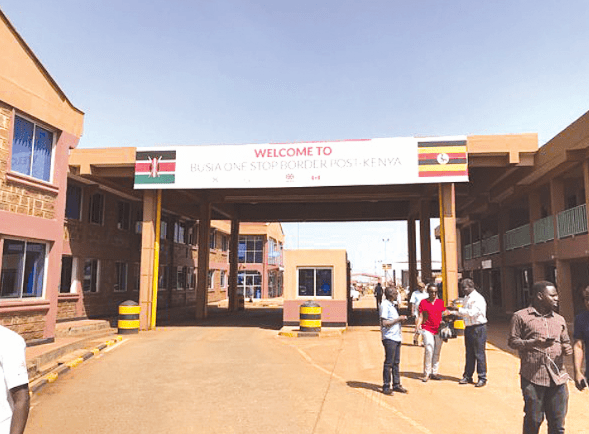Horticulture sector stares at reduced global market share

Horticulture industry is staring at share reduction in the international market following increase in cost of production and complexity of logistics, value chain players claim.
Fresh produce exporters and growers are facing stiff competition from counterparts in other countries such as Ethiopia, Tanzania, Uganda, Burundi and Rwanda and South America.
Fresh Produce Exporters Association of Kenya (FPEAK) Chief executive Hosea Machuki identified the key challenges facing horticulture produce to the European Union (EU) and other markets as high freight cost and logistics complexity. International buyers instead prefer fresh produce from other countries as Kenya crops are becoming more expensive due to the high cost of doing business.
For example, Machuki explained, to lift a kilogramme of vegetable from Kenya to Europe through Amsterdam in the Netherlands costs between $3 and $5 compared to between $1.5 and $2 from other Eastern African region partners to Europe.
“This makes Kenya produce more expensive with international buyers preferring horticulture commodities from other regions,” he said, adding that this makes it expensive as Kenya exporters have to quote high prices that factor in the cost flight.
Kenya exports fresh produce to the EU through the Netherlands, France, and Spain, with the UK and France being the main markets for vegetables. Kenya is a major exporter of fresh produce, including fruits, vegetables, and cut flowers.
Netherlands, is a major horticulturemarket in Europe over and above being a leading exporter of horticultural products, including flowers, vegetables, and live plants. Machuki stated that Kenya’s competitors are benefiting from their Governments facilitation in terms of extending incentives to tame the cost of doing business and thus be able to attract more buyers.
Shift from lifting fresh produce from air to sea has gained momentum owing to the expensive rate. Industry players argued that there is an opportunity to transport fresh produce through.
But government operatives argue that initially it took 45 days to lift produce to Europe, following the emergence of the Red Sea crisis on October 19, 2023, the period to transport fresh produce has increased to more than 45 days.
Agriculture Principal Secretary Kipronoh Ronoh who spoke during the inauguration of a 12-member national horticulture standing committee at a Nairobi hotel concurred that the industry is facing challenges that need to be urgently addressed.
The sector, he said, earned the country foreign exchange earnings to the tune of Sh157 billion in 2023 through export of horticultural produce.
Ronoh noted that 2024 was particularly a difficult year for the industry, especially because of the Red Sea situation that compelled Kenyan horticulture exporters to ship produce to Europe via South Africa and West Africa.
This, he pointed out, has contributed to lengthening the transit period for highly perishable products and thus the situation is spilled into creating pressure on airfreight and consequently making airfreight costly.
Ronoh noted that despite growth in the past few years, there are still major challenges undermining the industry’s growth and sustainability.
“These include climate change and the need to mitigate it, high production costs, pests and diseases, market competition, stringent market requirements, among others,” he said.












